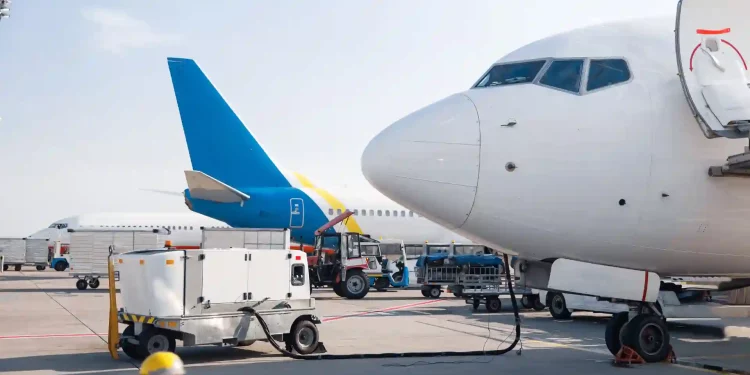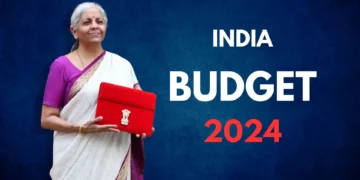Qatar prepares for the revered tournament, the middle east jet fuel supplies plummet shockingly owing to a spike in regional consumption
The FIFA World Cup 2022 is just around the corner, with excitement spewing around the globe. While Qatar prepares for the revered tournament, the middle east jet fuel supplies plummet shockingly owing to a spike in regional consumption. The supply has tightened in the first half of November, spiking up the price. UAS assumes that more than 1.2 million will make their rounds to Doha from November 20th to December 18th.
It is expected that jet fuel exports from the Middle East shall drop by 12% in the coming months to accommodate the hiked local demand. Wang Dong, an Analyst at S&P Global Commodity Insights, said, “Jet fuel demand in the Middle East region will likely take the lead among major oil products to increase by a little over 100,000 b/d or 32% year on year in Q4.” He further added, “[This is] primarily due to the normalization of the aviation sector and further reduced travel restrictions compared with one year ago, and secondly due to the boost from the Qatar 2022 FIFA World Cup.”
The Qatar Civil Aviation Authority (QCAA) and business aircraft trip-support companies are warning business jet passengers and operators to plan trips in advance. Air charter sourcing companies are booking business charters planned and owned by high net-worth individuals. “Demand for private jets and charter flights is seeing a sharp surge as the FIFA World Cup 2022 in Qatar approaches, with operators registering requests from organizations and individuals wanting to avoid long waits and flight delays at the airports,” QCAA said.
The Platts cash differential for Persian Gulf jet fuel spot cargoes averaged $8.21/b, while the Mean of Platts Arab Gulf jet fuel assessment in October showed a hike of more than 25% from $6.55/b in September.
European importers are on the brink of a scare as the low availability of fuel in the Middle East coupled with the cut off of Russian refined oil products is going to tremendously affect the end-year holiday travel season, the necessary heating demand in the winter months.
“Demand has been very strong for (Persian Gulf) jet fuel even before the World Cup,” a trading source said. “The arbitrage to the West has been wide open.”
Shipping data from Kpler showed that the jet fuel flows from the Middle East to Europe fell to 4.26 million barrels in October from 6.91 million barrels in September. So far in November, 542,300 barrels have been shipped.
Supporters of the 32 nations competing in the FIFA World Cup are expected to take to the outskirts of the capital due to high costs and low availability of accommodation. The majority is expected to stay in nearby states of Dubai; an advantage brought in by UAE’s city connectivity as a regional aviation hub. Other sporting events generally have a limited impact on airline capacity. Qatar is expecting a spillover as of now, with more to come. The aviation and accommodation demand is through the roof.
It’s a unique event… (Qatar’s position) is extremely odd because it’s a small country, essentially an island… (as such) air service became an increasingly important part of the event. I can’t think of any other event of this scale that would require this level of logistical complexity,” OAG Chief Analyst John Grant said.
Aircraft management specialists have made known that private jets may have to pay $5000 per slot at the OTHH and OTDB, and slot violations shall carry heavy penalties of up to $25000 if turnaround time exceeds 45 minutes.
The United Arab Emirates and Saudi Arabia have arranged additional flight capacity to Doha starting November 14th. There might be arrangements for a threefold increase in capacity to 95,000 seats a week in each direction. Daily routine flights between Doha and Dubai that are serviced by Qatar Airways and low-cost Flydubai are expected to go up to 48 per day as against the usual 6. The Doha international airport has been reopened owing to high traffic.

















